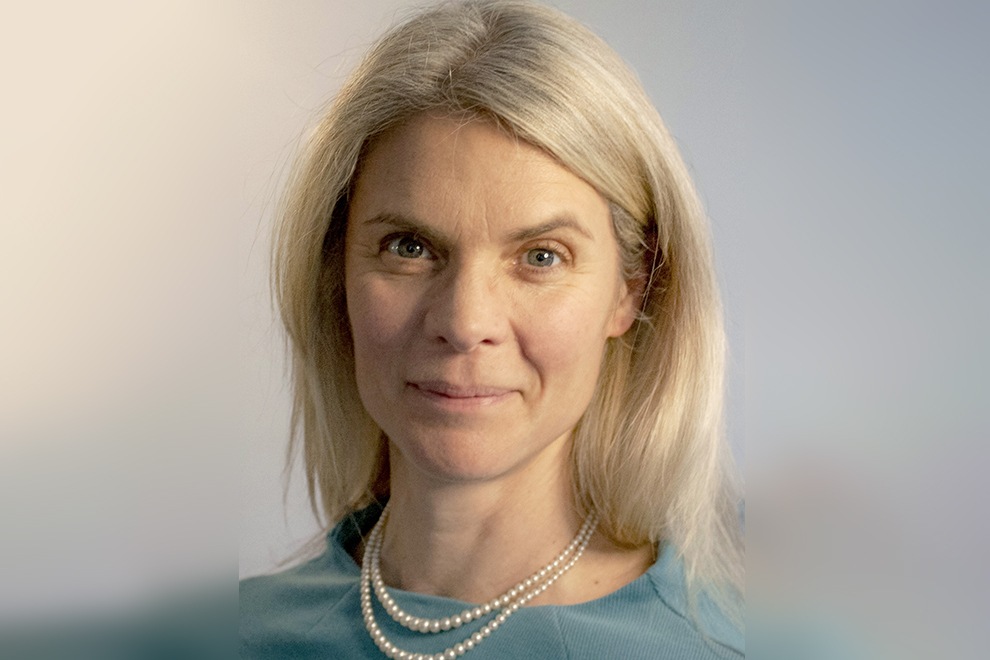Below, Access Social Care CEO Kari Gerstheimer explores more of the ways in which the UK’s legal aid drought is harming its most vulnerable citizens.
What role does legal aid play in ensuring access to justice?
Every day, millions of older and disabled people are denied the social care they need. This injustice falls inequally across society, with poorer and racialised communities experiencing health and social care inequalities. 75% of local authority leaders admit they are not confident or are only partially confident that they will meet their legal duties to provide social care this year.
For people who are denied their right to social care, legal aid is a critical part of access to justice. We all have a right to hold public bodies to account, but many people with social care needs cannot afford lawyers and so rely on publicly funded legal aid to pay for the legal support. Without legal aid to facilitate access to justice, the rights of many disabled and older people might as well not exist.
How does the United Kingdom fare today in terms of the availability of legal aid?
There is a crisis in the availability of legal aid for community care cases. Since 2010, there has been a 92% reduction in the number of community care legal aid cases. This is not about reduced demand – Access Social Care has led a data project with a group of national helplines measuring advice demand for community care over the last two years, which demonstrates a staggering 150% rise in requests for community care advice since 2019.
75% of local authority leaders admit they are not confident or are only partially confident that they will meet their legal duties to provide social care this year.
What factors, legislative or otherwise, have contributed to the state of legal aid in the UK today?
Community care cases are legally and factually complex. Most cases require over 30 hours of work but will settle in favour of the client before getting to court. At Access Social Care, we have a 98% casework success rate.
But it is precisely this type of early legal help where there is a shortage of support. Most publicly funded cases are started on “legal help”, which is a fixed fee and will never make it onto a legal aid certificate, never mind making it to court. The rates of pay have barely changed for decades. This all means that many community care cases are loss-making for community care legal aid lawyers. Some cases can be pushed through the court of protection – where it is easier to secure legal aid (rather than fixed fee legal help) – but this is not always appropriate, either because the client has capacity or because the court of protection can be a blunt tool to settle complex community care issues.
As a result, we have seen a dramatic reduction of the number of community care cases taken on and community care specialists are leaving the profession in droves. It is scandalous that community care lawyers are leaving simply because they cannot afford to do the work. Greater investment is urgently needed for early legal support.
What effect does a lack of access to legal aid have on the population? How are more vulnerable groups affected?
Whether provided in our own home, a care home or in the community, social care is the very basic support that we need to wash, eat, maintain relationships with loved ones and live a life of dignity. Without legal help to enforce the right to this support, people can experience trauma, neglect and abuse.
Without legal aid to facilitate access to justice, the rights of many disabled and older people might as well not exist.
From a 94-year-old with dementia denied support to help her remember to wash, dress and feed herself; to the case of a 14-year-old with autism and learning disabilities placed hundreds of miles away from his family, self-harming by swallowing pieces of glass; through to the horrific cases of people with a learning disability being tortured by abusive care workers or criminals in the community; the cases we work on are so distressing that we are seeking additional funding to pay for counselling for our lawyers due to secondary trauma.
How can charitable groups and pro bono support from lawyers help to bridge the gap by providing legal advice to the underserved? What are the limits of this?
At Access Social Care, we are helping citizens understand that they should be fighting for the right to legal representation to enforce their rights, whilst working hard to try to grow our legal team so that we can reach more people.
Our in-house team and network of lawyers give pro-bono advice and casework support when things go wrong. We have recently developed an automated legal information chatbot to increase our reach, and we are harvesting data to take an evidence-based approach to influencing at a local and national level.
The failure of the government to properly invest in legal aid for community care cases means that the rule of law is broken for many people in society who need it the most. Charities like Access Social Care will never be able to meet the tsunami of need. One of the most important things we can do is shine a light on that gap, with a view to changing the system and seeking greater investment in legal aid in the longer term.
[ymal]
Can you tell us about your own experiences of providing pro bono advice when legal aid has fallen short?
The case that sticks with me is related to a 16-year-old girl with autism.
Years of social services failures led to her behaviour becoming violent. She did not have a mental health condition, but she was sectioned. Placed far away from home, she was overmedicated, unlawfully restrained, treated like an animal – staff would knock on a door on one side of her cell and push food through a hatch on the other. Her distraught parents were not allowed into the room and communicated with her through a tiny window. After two years of inhumane treatment, she started to self-harm, hallucinate and have seizures. The hospital refused access to a specialist clinician, citing safety concerns. Outraged, her father posted what was happening to his daughter on social media. Exposed, the local authority sought a gagging order claiming the father was abusing his daughter’s right to privacy.
The father was refused legal aid but our lawyers and two brilliant barristers working pro-bono were able to support the family. The case was thrown out, a costs order was made against the council and after a long fight the daughter was freed and now lives happily in the community.
The government recognises that mental health settings are not suitable for people with a learning disability and/or autism and challenging behaviour, but there are over 2000 adults and 200 children inappropriately placed in these units across the country. The UN has cited this as being one of the most egregious human rights abuses in the UK - and families still struggle to access legal aid to support them.
Kari Gerstheimer, Founder
Oakwood House, St Patrick's Rd, Coventry CV1 2HL
Tel: +44 024 7697 8903
E: enquiries@accesscharity.org.uk
Kari Gerstheimer
I am the CEO and Founder of Access Social Care, a new charity providing free legal advice and information for people with social care needs, helping these people achieve a better quality of life. We are working towards a future where social care is adequately funded, and we all get the support we need.




















